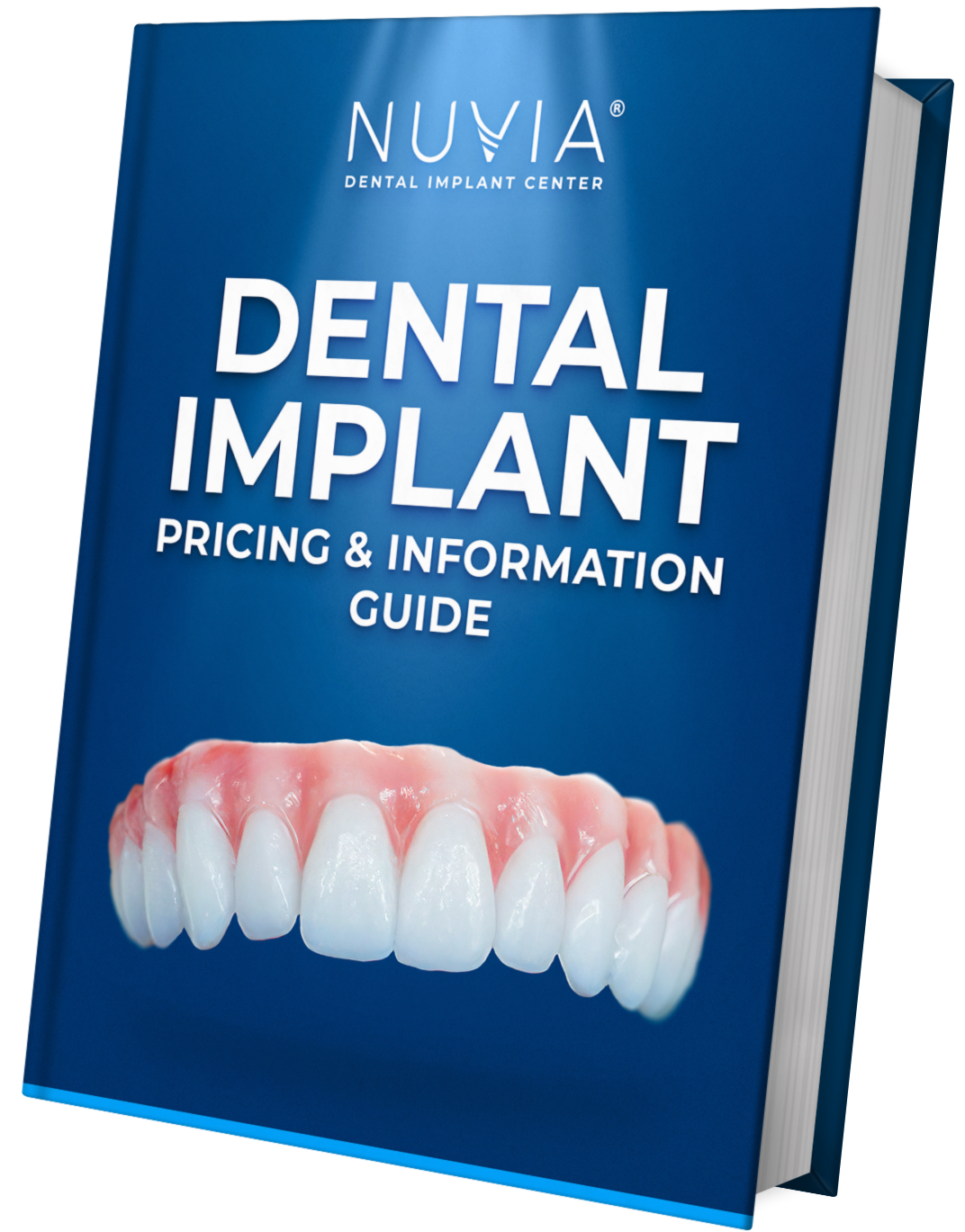
Full Mouth Fixed Dental Implants vs. Temporary Dental Solutions - What's the Difference?

Have you ever wondered what's better for you - dental implants or something temporary like Dentures? Let’s explore and find out!
Fixing your teeth is important, and you've got choices to make. One big decision is whether to go for dental implants, which are like permanent new teeth, or to choose something you can take out, like dentures, partial dentures, bridges, or crowns. Let's look at what each of these means for you.
What are Dental Implants?
What They Are:
Dental implants are small, strong pieces that go into your gums. They act like roots for new teeth. After the dentist puts these in, they attach new teeth that look and feel like your real ones.
The Process:
Getting implants is a big step. First, the dentist checks your mouth to make sure you're a good fit for this. Then, they do a small surgery to put the implants in. It takes some time for your mouth to get used to them. After that, you get your new teeth put on the implants.
Why People Choose Them:
Many people like implants because they stay in your mouth all the time. They don't come out like dentures. They feel strong and let you eat and talk just like with your natural teeth.

What About Dentures and Other Options?
Different Kinds:
Dentures are false teeth that you can take out of your mouth. Partial dentures are for when you still have some of your own teeth. Bridges and crowns are used to fill in gaps or cover damaged teeth. They are stronger than regular dentures but not as fixed as implants.
Getting Them:
The process for these is simpler than implants. The dentist measures your mouth and makes a model. Then they make the dentures, bridges, or crowns to fit your mouth. However, you might need to visit a few times to get them just right.

Why People Pick These:
Some people choose these because often Dentures look like the less expensive option, what many people regret not knowing is the hidden costs often connected to dentures. To learn more about Dental Implant and Denture Costs Click Here
How are They Different?
The Procedures:
Dental implants involve surgery and take time to heal. Traditionally it's a longer process, but with Nuvia’s Permanent Teeth in 24 Hours, up to 10+ Months are eliminated!
Dentures and the other options often require tooth extraction under local anesthesia and don’t require surgery.
Daily Life:
With implants, you treat them like your regular teeth – brush, floss, and regular check-ups. Dentures and partials need special care. You take them out to clean them and sometimes to sleep.

Long-Term Thinking:
Implants can last a very long time, even a lifetime, if you take good care of them. Dentures and others might need to be replaced or fixed up over time.
Things to Think About
Your Lifestyle:
Think about your daily life. Do you want a worry-free option that stays in your mouth all the time? Or are you okay with something you need to take care of more?
Health and Comfort:
When thinking about your health and dental work, it's important to know that every person's experience is different. Dental implants might sound like a big deal because of the surgery, but many people find it manageable, especially with the support of caring dental professionals. It's a process that's done with your comfort in mind. Plus, for those looking for a long-lasting solution for their teeth, this can be a good path.

Talking to Your Dentist / Oral Surgeon:
Your dentist knows your mouth best. They can tell you which option might be better for you. They'll consider your health, your teeth, and what you're comfortable with.
Conclusion:
There's a lot to think about when choosing between dental implants and options like dentures. Remember, the best choice depends on you – your health, your lifestyle, and what you want for your smile.
Ready to learn more about your teeth and what's best for them? Take our quick 60-second quiz to find out if dental implants or other options might be right for you!
More Articles Like This one

5 Essential Steps for Choosing the Right Dental Implant Center

Should I Trade My Dentures For Dental Implants? Pros and Cons





